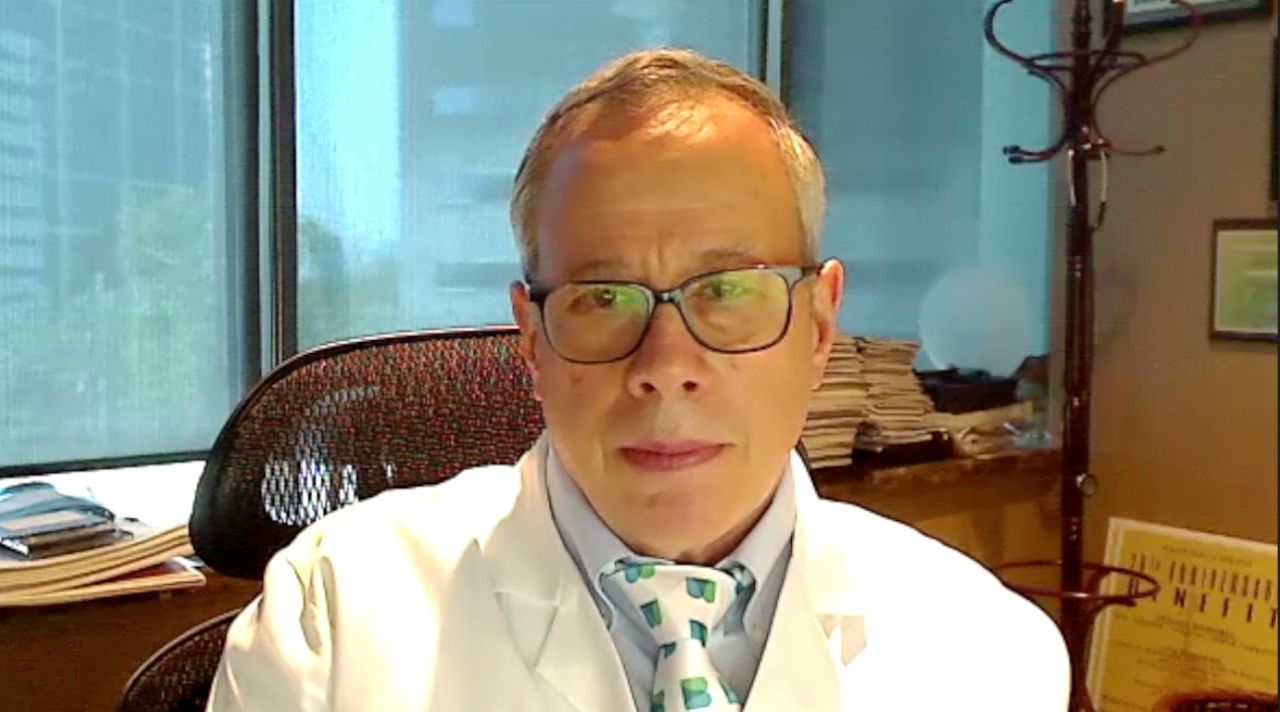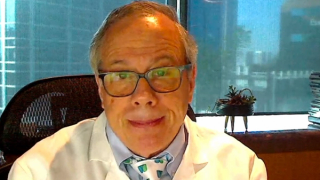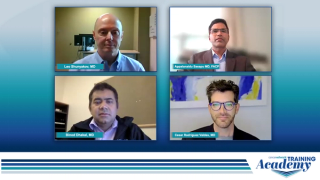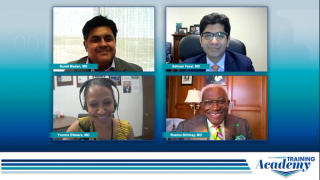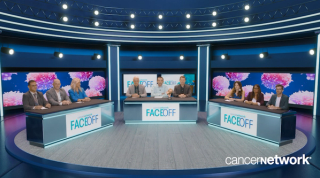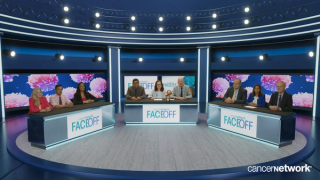
Multiple Myeloma
Latest News

Latest Videos

CME Content
More News
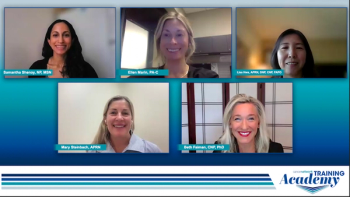
Focusing on the MonumenTAL-1 study, Mary Steinbach, APRN, provides clinical insights on nail, skin, and oral toxicities associated with talquetamab.
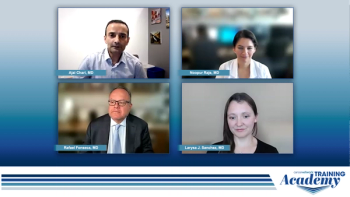
Noopur Raje, MD, shares clinical perspectives on her experience treating patients with prior BCMA bispecific exposure and provides insights on adverse event management practices in patients receiving talquetamab.

Lisa Hwa, APRN, DNP, CNP, FAPO, describes the unique challenges in managing adverse events associated with GPRC5D therapy compared with other bispecifics.

Community and academic oncologists discussed how effective communication between practices can enhance multiple myeloma outcomes.

Larysa J. Sanchez, MD, discusses recent efficacy data presented at EHA 2024 from the long-term follow-up results of the phase 1/2 MonumenTAL-1 study investigating talquetamab in relapsed/refractory multiple myeloma.

A panel of experts on multiple myeloma discuss the importance of GPRC5D as a target of interest in relapsed/refractory disease and discuss their experiences with talquetamab in clinical practice.
![“I don't think [the CRL] impacts how I look at the data that is publicly available and the approval chances long term for linvoseltamab and how we might use it in the future,” said Surbhi Sidana, MD.](https://cdn.sanity.io/images/0vv8moc6/cancernetwork/8b007a323176820eb0754e84186341fe7ca44ae4-350x350.jpg?w=350&fit=crop&auto=format)
“I don't think [the CRL] impacts how I look at the data that is publicly available and the approval chances long term for linvoseltamab and how we might use it in the future,” said Surbhi Sidana, MD.

Ellen Marin, PA-C, provides an overview of adverse effects associated with BCMA-directed bispecific therapy in multiple myeloma.
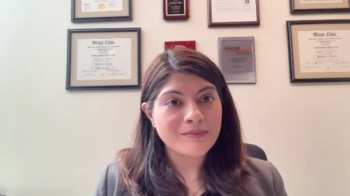
Surbhi Sidana, MD, spoke about multiple myeloma developments with the potential to impact clinical practice, particularly early line use of bispecific antibodies.

A panel of experts on multiple myeloma discuss long-term follow-up data from the MajesTEC-1 and MagnetisMM-3 clinical trials.

Surbhi Sidana, MD, discussed LINKER-MM1 trial efficacy findings, in which linvoseltamab was evaluated in patients with relapsed/refractory multiple myeloma.

Surbhi Sidana, MD, discussed outpatient supportive care for patients following immunotherapy treatment for hematologic cancers.

Strategies for treating patients with multiple myeloma who are eligible to receive CAR T-cell therapy in either community or academic practices were discussed in a recent Training Academy.
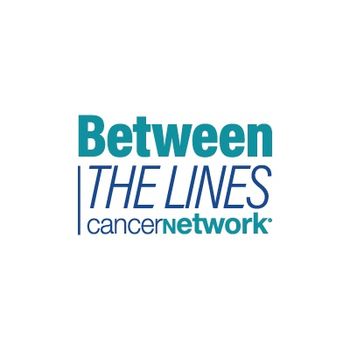
Minimal residual disease as an end point in multiple myeloma has been widely discussed and was even a topic of a recent ODAC meeting.

Quadruplet therapy is making a run to be a potential standard of care in frontline multiple myeloma, according to a panel of experts.
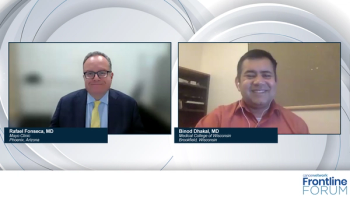
Experts provide concluding insights on CAR-T cell therapy and offer their perspectives on the evolving treatment landscape for multiple myeloma, highlighting potential future directions and innovations in patient care.

A panel of experts examines the impact and potential of CAR T-cell therapy in earlier treatment lines for multiple myeloma, evaluating its efficacy, safety.

Multiple myeloma experts analyze recent developments in transplant-ineligible newly diagnosed multiple myeloma treatment, focusing on the latest updates presented at EHA 2024 and their potential impact on patient care.

Key opinion leaders evaluate the clinical implications of updated data presented at EHA 2024, interpreting how these findings may influence future treatment strategies in multiple myeloma.

Multiple myeloma specialists analyze recent findings presented at EHA 2024, offering expert perspectives on the PERSEUS and IsKIA clinical trials and their implications for patient care.

Medical experts explore the current standard of care and evolving treatment landscape for transplant eligible multiple myeloma, a complex hematological malignancy.

The phase 1/2 LINKER-MM1 trial assessed linvoseltamab in relapsed/refractory multiple myeloma, of which the indication has been given a CRL by the FDA.

Investigators will present full results from the phase 3 GMMG-HD7 trial at a future medical meeting.
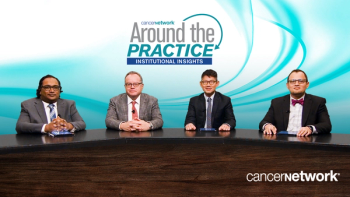
The panel concludes its discussion with key takeaways on the evolving treatment landscape for multiple myeloma.

Experts on multiple myeloma look to the future treatment landscape and discuss exciting updates presented at the 2024 ASCO Annual Meeting, highlighting belantamab mafodotin and combination therapies.


